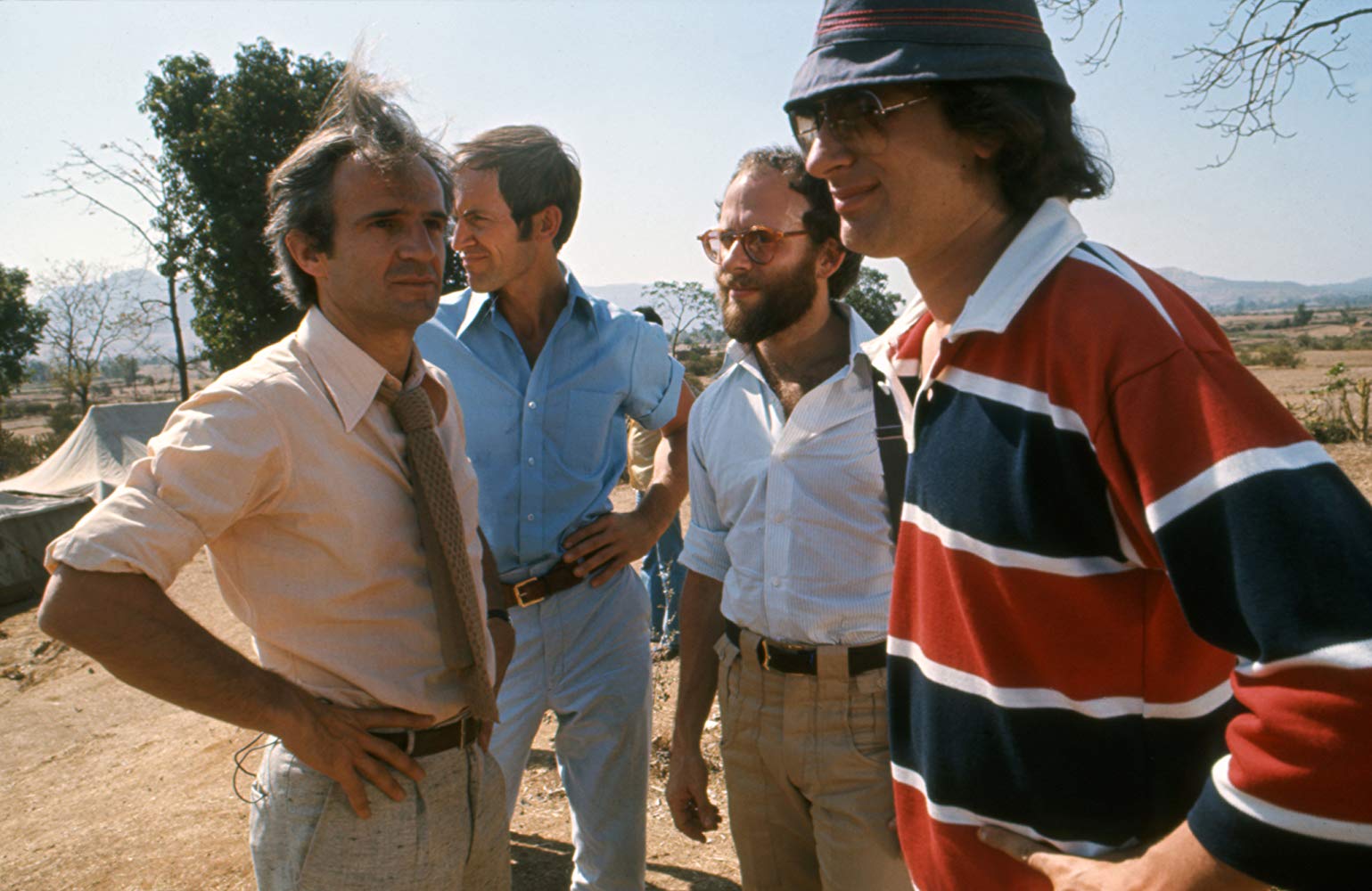By Siavash Minoukadeh, Entertainment Subeditor
With the Watershed’s ‘French Film Festival on Tour’ starting on 12 December, it begs the question: what is it about French films?
Look at any list of influential filmmakers and you’ll be bound to see a few French names on there: Truffaut, Godard and, of course, Varda. Compared to its European neighbours, French cinema has had a far larger impact, so what is it that has made France such a standout, from the Nouvelle Vague through to the films being screened this week as part of the French Film Festival such as Portrait of a Lady on Fire (2019)?

One aspect is the wider cultural background in which these films were made, especially the New Wave of the 1960s. At the same time, France was undergoing a much broader period of upheaval, with art and literature also being pushed in new directions. While Agnes Varda and Jean-Luc Godard were getting behind the camera for the first time, Albert Camus, Jean-Paul Sartre and Simone de Beavuoir were all publishing groundbreaking, philosophical books.
| Agnès Varda obituary: the filmmaker who epitomised life on screen
And alongside all of this, Paris in the 1960s was a time when young artists had very little holding them back. The student strikes of 1968 and the brutal response of the French government to Algerian uprisings created a highly politicised environment in which films were made.
Not only did this provide a wealth of subject material for young filmmakers to capture, as in Godard’s Le Petit Soldat [The Little Soldier] (1960). However, the challenge to the conservative French establishment also went further: enabling topics like sexuality to be discussed frankly in a way that still feels remarkably fresh.
The French public are exposed to a much wider range of cinema

So how has France managed to keep the radical developments of the 1960s going to create a tradition of cinema? Unlike here in the UK, where the government has been reluctant to support investment in culture, the French government has ensured that there is an extensive network of cinemas, studios and grants available to make film as accessible as possible.
Paris has the highest density of cinemas per inhabitant of anywhere in the world and ‘niche’ films, whether foreign films or independent productions, are screened in many of them, rather than being relegated to boutique or arthouse cinemas as tends to be the case here.
Paris in the 1960s was a time when young artists had very little holding them back
In terms of production, the French government works very closely with film studios and TV stations to fund projects and has passed laws to protect studios and cinemas, such as one which bans films from being released to DVD any earlier than four months after its cinema premiere.

All this has created a culture where the French public are exposed to a much wider range of cinema while also providing studios with the resources to continue experimenting and pushing the boundaries of cinema.
| French Film and Filmmaker Favourites
Why bother discussing all of this? Not only does understanding the context of great French films give us a better understanding of them, looking at the way in which France has nurtured independent and experimental cinema can provide a model for the UK to follow to hopefully provide an equally strong support structure for British filmmakers in the future.
Featured: IMDb / Rialto Pictures
Do you agree about France's 'standout' influence on the global cinematic scene?








